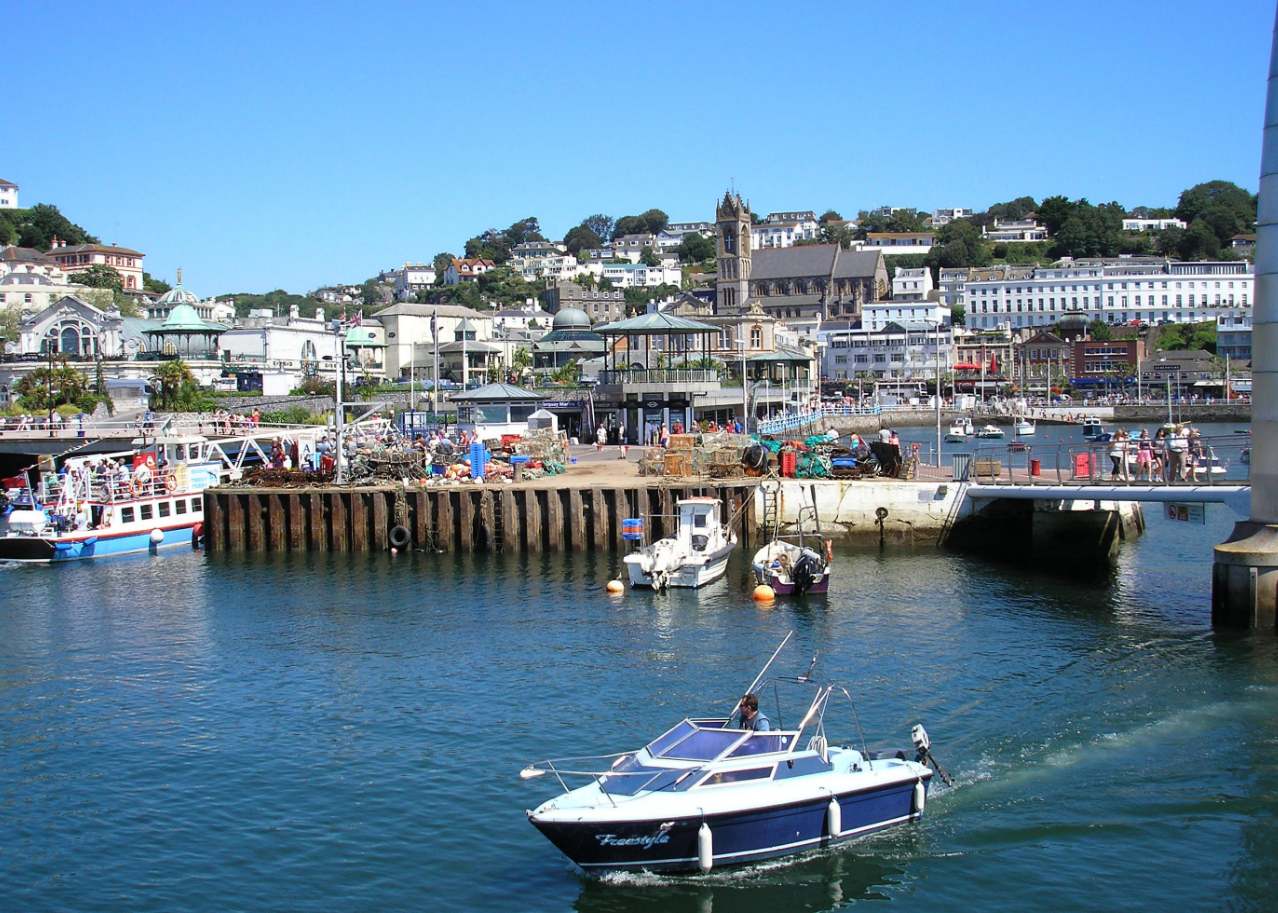The owners and master of the Loch Ness cruise ship, Jacobite Queen, have been fined after a crew member lost her leg in an accident.
Fines totalling £8,000 have been handed out to the owners and master of the Jacobite Queen cruise ship after one of its crew lost her leg in an accident.
Aurelia Thabert was attempting to release a rope from the side of the Dochgarroch Lock when her right foot became entangled in a bight of the rope.
The ship moved forward tightening the rope around her leg.
Thabert, who was then aged 25, was treated at Raigmore Hospital in Inverness.
As a result of the damage to her leg, the limb had to be amputated.
The accident happened in June 2012 while the cruise ship was returning to its berth at Tomnahurich Bridge, Inverness.
In the Sheriff Court of Grampian Highland and Islands, the ship’s master, Andrew Paul Lach pleaded guilty to omitting to ensure all mooring ropes had been removed from the hooks at the side of Dochgarroch Locks, before putting the engines ahead.
This was in breach of section 58 (2)(b)(ii) of the Merchant Shipping Act as amended.
The owner of the ship, Jacobite Cruises Ltd also pleaded guilty to failing to ensure the health, safety and welfare of its employee and failing to make sure there was an appropriate means of communication available between the master and crew while mooring ropes were being handled.
This is contrary to Section 2 (1) and section 33 (1) (a) of the Health and Safety at Work Act 1974.
The prosecution was brought by the Maritime and Coastguard Agency.
Jacobite Cruises Limited was fined £6,000, reduced from £9,000 for a guilty plea. Andrew Paul Lach was fined £2,000, reduced from £3,000 for a guilty plea.
Speaking after the sentencing on 27 October 2016, the area operations manager for the Maritime and Coastguard Agency, Captain Bill Bennett said: “Basic seamanship says that if the master doesn’t have a clear line of sight to the aft mooring rope ashore, they should not attempt to put the engine ahead before getting the all clear.”
“The investigation clearly showed that although the company provided UHF handheld walkie-talkie radios aboard the vessel, these were not working on the day in question,” he continued.
“This potentially impacted the ability of the master and crew to communicate clearly with one another,” stated Captain Bennett.
Skipper of dredger, Diamond, jailed after death of crewman
The clam dredger, Diamond, sank after hitting a rock in West Burra Firth in the Shetland Islands in March 2014.…
Barge skipper fined for dumping rubbish at sea
Mark Tamburrano, who skippered the Beta barge, was seen throwing rubbish into the sea close to shellfish beds in Torquay…
Cheeki Rafiki: A boat designed for disabled sailors is to be named in memory of Cheeki Rafiki sailor, James Male.
Male's parents, Graham and Lorraine, have played a major role in fundraising for the new wheelchair accessible powerboat, the Coulam Wheelyboat…






